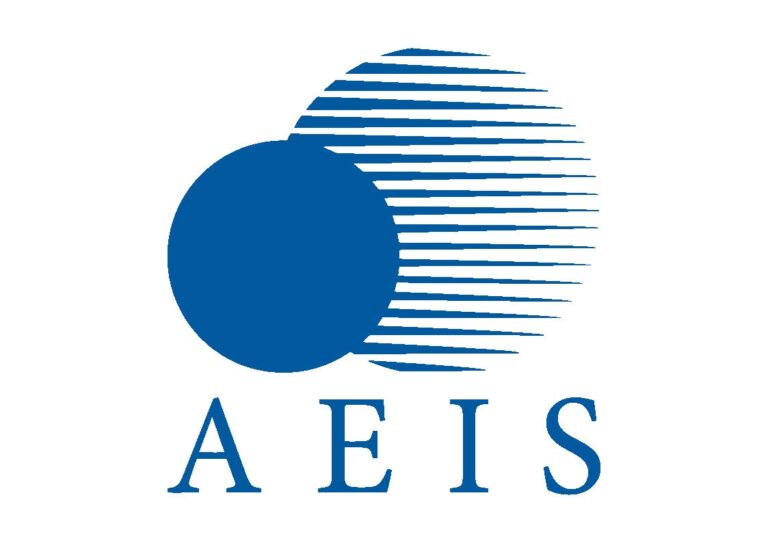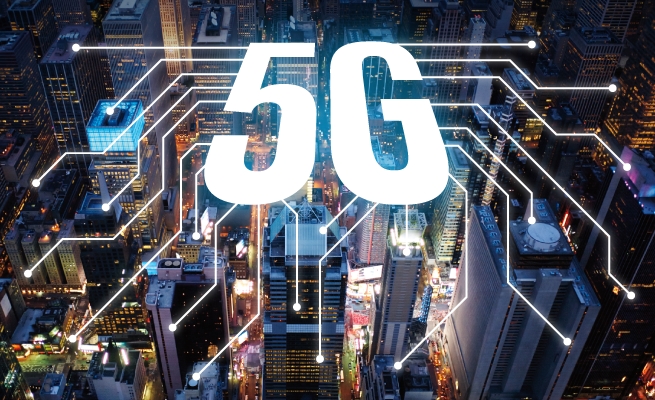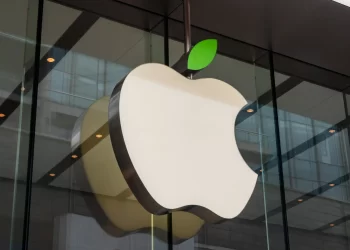Movandi, a leader in new 5G RF and millimeter-wave (mmWave) technologies and software, announced today four key megatrends accelerating 5G mmWave deployment in the New Year and beyond.
2022 was a pivotal year of technological innovation and transformation, despite the strong headwinds of macroeconomic and geopolitical challenges ranging from ongoing supply chain constraints to persistent inflation and soaring energy costs caused in part by the war in Ukraine. Continuous advances in artificial intelligence (AI) and machine Learning (ML), edge computing, robotics, the Internet of Things, Web3 and blockchain technologies, virtual reality (VR) and augmented reality (AR), and expanded 5G networks and services are among the promising highlights of a tumultuous year. 5G in particular is gaining market traction that will accelerate in 2023 as wireless carriers expand deployments of networks at mid-band and increasingly millimeter-wave (mmWave) frequencies.
With these technology megatrends in mind, Movandi is projecting that 5G mmWave networks will be more widely deployed globally this year. The upsurge in mmWave deployments will be driven in part by innovations such as Movandi’s cloud-and-AI-based mesh network and smart repeater technologies, which eliminate the challenges of line-of-sight signal propagation.
“2023 will be a breakout year for 5G mmWave deployments in major markets worldwide, providing the high-speed, ultra-low-latency mobile networks end users need for broadband access, new services and emerging applications such as VR/AR and merged reality experiences,” said Maryam Rofougaran, CEO and co-founder of Movandi. “Buoyed by advances in smart repeater and small cell technologies, 5G mmWave networks will dramatically improve the performance and economics for global 5G mobile network operators.”
Here are the four megatrends Movandi believes will shape the future of 5G:
5G has arrived and, when paired with mmWave technology, will begin to transform multiple industries in 2023.
We will see a major global market shift from 5G network and service evaluation to profitable monetization. Trials have consistently demonstrated that mmWave networks can deliver 5G performance, capacity and value to end users. Australia, Japan, India and other major new markets will come on line in 2023. These markets present both economic challenges and huge opportunities to solve technical problems and unlock opportunities. 5G will not be a “one size fits all” market. Rather, 5G deployments will depend on unique areas of focus, such as fixed-wireless access (FWA), indoor mobile use cases, outdoor mobile use cases and network extensions. The maturity and flexibility of the growing hardware and software toolbox for system integrators, mobile network operators (MNOs) and fixed-wireless networks will help make 5G mmWave deployment cost-effective and successful.
AR/VR and merged reality technologies will begin to emerge and bring a new focus on 5G networks for indoor applications.
According to a ConsumerLab report released by Ericsson, 7 out of 10 early adopters expect VR/AR technology to change everyday life fundamentally in six domains: media, education, work, social interaction, travel and retail. When it comes to mobile VR/AR platforms, size matters. We’ll see the rapid evolution of smaller, lighter and more cost-effective systems for merged reality applications. For the metaverse and merged reality to become mainstream, the tremendous bandwidth potential of 5G mmWave technology is essential to providing much-needed mobility, improving social experiences and addressing user comfort (e.g., eliminating the headaches and dizziness of current AR/VR systems). Advances in AR/VR technology, working in concert with high-speed mmWave networks, will play a key role in expanding mobile merged reality experiences and accelerating the transition from an internet of information and things to an internet of realities.
Smart repeater innovation will result in faster, more cost-effective 5G mmWave deployment.
Smart repeater technologies can dramatically reduce the complexity of mmWave network deployments while enhancing the end user experience and greatly reducing overall deployment costs. Repeaters will extend their utility beyond mmWave and begin to support mid-band frequencies. Propagation from outdoor to indoor environments is challenged in the mid-band, and widespread deployment of smart repeaters will help solve this challenge. For example, Movandi and Ubicquia recently announced a strategic partnership that will change the economics of deploying 5G networks with the world’s first mmWave streetlight repeaters. These unique streetlight-mounted smart repeaters install in minutes and are compatible with 360 million existing streetlights worldwide. The innovative solution accelerates mmWave deployments to expand 5G coverage and will help operators offer fixed wireless access more rapidly while reducing total cost of ownership by 80 percent, according to a Mobile Experts, Inc. study.
5G fixed-wireless access (FWA) will make significant advances in 2023.
5G FWA platforms based on mmWave technology will gain traction in the US market as multiple US operators are looking to continue their growth in fixed wireless, but have limited spectrum available to service their growth user base. At the same time, we’ll see growing enthusiasm for FWA as an effective means to deliver adequate broadband access to end users in countries where existing infrastructure is not capable of servicing cost effectively deployment. In countries like India, they have a huge untapped market of users who reside in densely populated areas, yet are lacking in the availability of more advanced services. 5G FWA holds great promise as a critical enabling technology that will help bridge the digital divide for people everywhere, bringing affordable, high-speed broadband to traditionally underserved regions.










